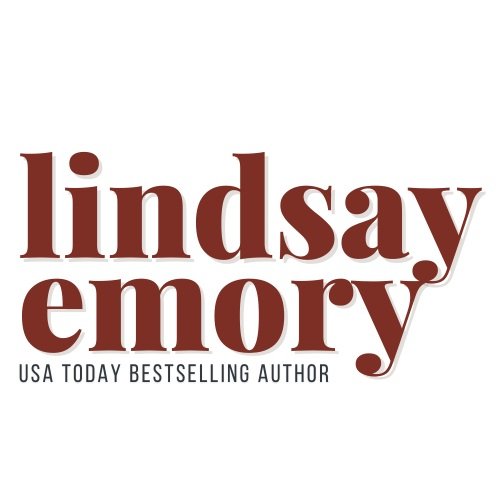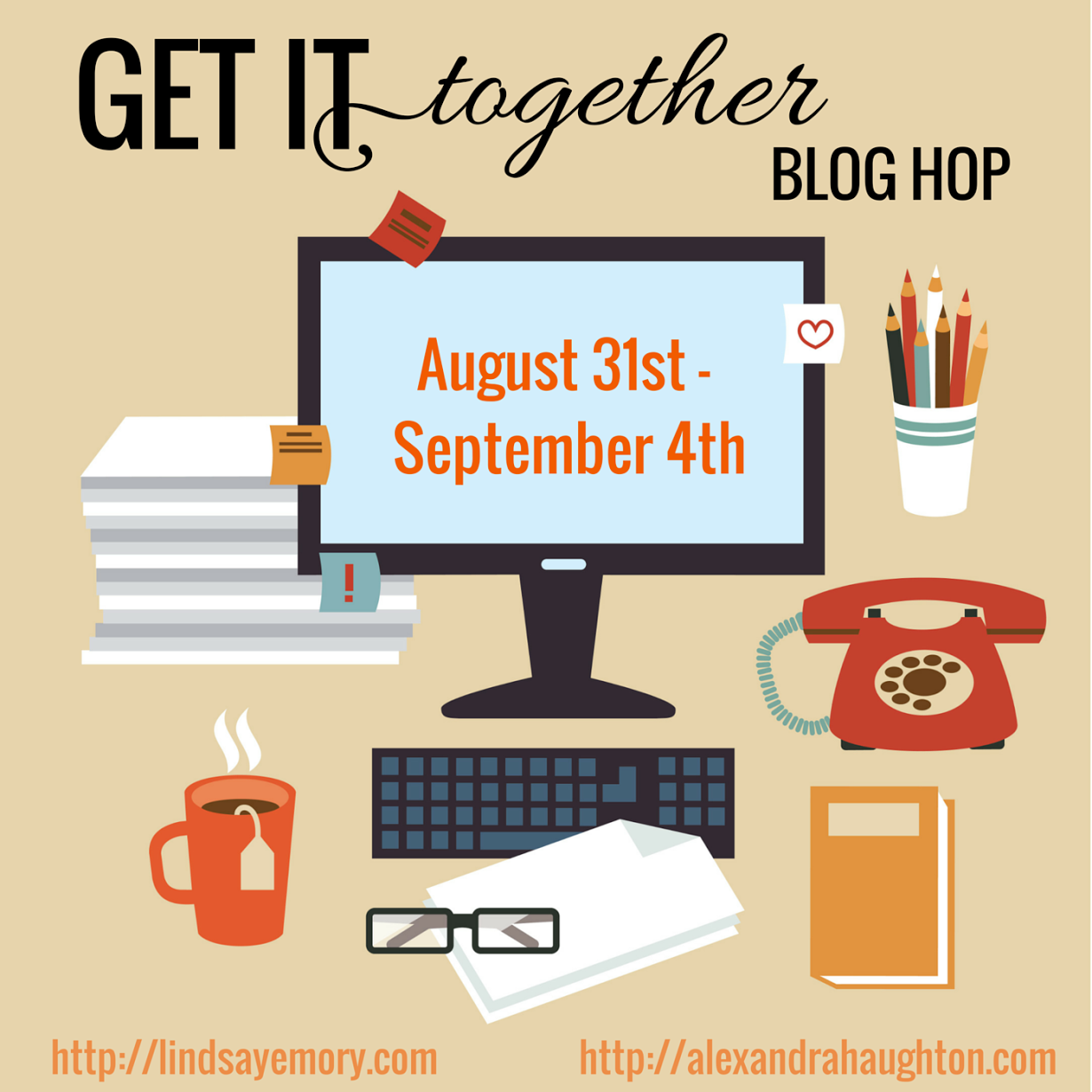I write books. I also have a 40 hour a week full time job. My school-aged kids are at the soccer fields at least five days out of seven. My husband has a full time job and plays on two soccer teams of his own. We have two dogs, a guinea pig, friends, church activities, neighbors, an older house with a big yard, and not even close to having enough time in the week to just hang out and watch Ballers. (It has The Rock in it. Need I say more?) How do I handle all of the above and feed my family and exercise and keep laundry moving?
I don’t even know. Just typing this has made me exhausted.
But I try to stay organized and on top of things. In fact, being organized is the ONLY way that I could ever find time to do all of the above.
Currently, my system all hinges around these two items. My phone and my planner.
Okay, and my computer. And those pens.
Now, back at the beginning of 2014, I blogged here about how I was going all digital. At that time, I set aside my pretty Louis Vuitton planner (bought used in 2007 on ebay with some birthday money) and went all in with my phone and Google calendar. And for a while, it worked. I was a convert. I had all my schedules, tasks, calendars consolidated in one nifty device that I could fit in my pocket.
But then my publishing career started to pick up. Suddenly I had more deadlines, blog tours and submissions and in the fall of 2014, I felt the need for a paper calendar again. Something I could write in pretty colors and see a month at a glance. I tried several versions of the May Design books and this summer headed back to my trusty paper planner as an aide to my phone.
Here’s how it’s breaking down:
On phone/Google calendar: all appointments, travel, soccer games, piano lessons, holidays, parties. Basically, anything that I need an “alert” for or anything that my husband might need to reference from wherever he is.
On paper calendar: travel, important unmissable bigger events (a friend’s 40th birthday party, neighborhood picnic), birthdays, book deadlines (edits due, manuscript TBF, etc.), blog posts and tours.
You might be asking, why do I need the paper and the digital calendars? I think of it as covering both my microcosm and the macrocosm. On most days I need the immediacy, the minute-to-minute alerts and convenience of my phone. Some days I need to sit back and look at the big picture – when will I write this masterpiece? Where does this project fit between all my other projects? Do I have too much going on in July 2015? (The answer was yes.)
The planner also holds my weekly menus, to-do lists, workouts, etc. It may be old-fashioned but there is no more satisfying feeling than physically crossing off something. Even on my busiest, craziest days, if I can cross-off "write blog post" or "buy birthday gift" I feel like maybe I might not be a complete failure.
What about the books?
A lot of writers (some of whom you’ll find on the Get It Together blog hop) keep track of all their word goals and counts on a yearly and daily basis. I… do not. Currently, I have a personal goal of writing three books a year. I feel that’s do-able given my life But so far I haven’t gotten into such a routine that I can washi tape a section off in my planner and input consistent, daily word counts. Also, sometimes I can write a book in three weeks. Sometimes it’s three months. What can I say, the muse is finicky.
What I do use, is a spreadsheet. Inspired by my friends Audra North and Julia Kelly and their comprehensive spreadsheets that they kindly shared with me, I developed my own spreadsheet to keep track of writing projects at all their stages, from plot bunny to published. Once a book is in the writing stage, I do keep track of word count in there and when it goes off to the agent and editor, I track those dates, too. Other things that go in the spreadsheet are expenses, contacts I’ve made and professional goals (like apply for PAN, attend a mystery convention, win a RITA. The usual.)
I recommend a spreadsheet to anyone, as it really helps me synthesize the creative side of writing with the business side and visually "see" the books as a process. I think it would especially be helpful for those that are self-publishing and have way more details to keep track of than I do.
And for those that really want to know, I do my book drafts in Scrivener, which is full of great organizational tools and I don't even use that many of them (or know what they are. ) Its primary benefit, for me, is that beautiful cork board which helps me manually and visually arrange the scenes and plot points of a book.
And those are the highlights of how I manage my life and my writing. At least this month.
I'd love to hear what you use, if I've inspired you or what tips or tricks you have for me! Want to hear more from all our TWENTY SEVEN authors? Go here to follow along the blog hop for the next week. We have an amazing group of authors who all have different methods, processes and tips for organizing life, career and books. It's going to be a very interesting week!
OH! And how could I forget? We have giveaways! Click on the graphic below to sign up to win books and gift cards and fun organizational accessories:






